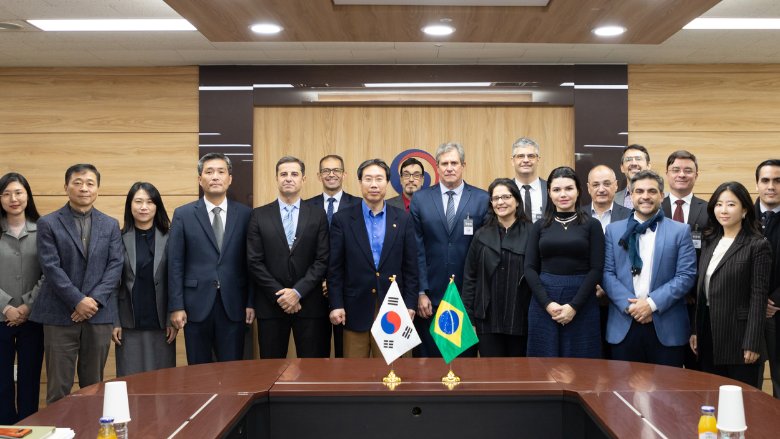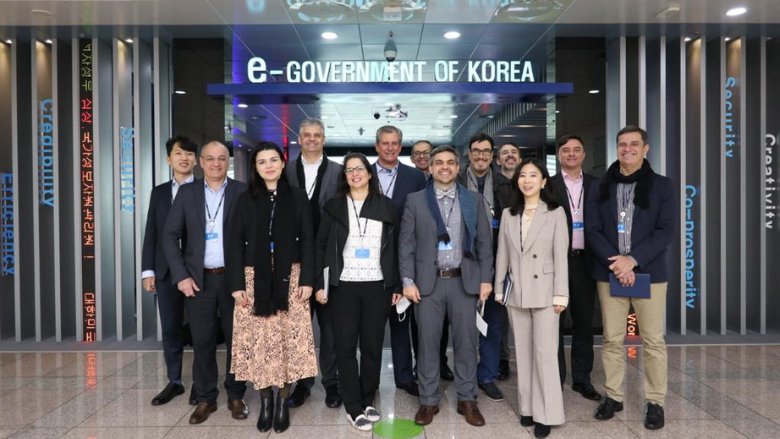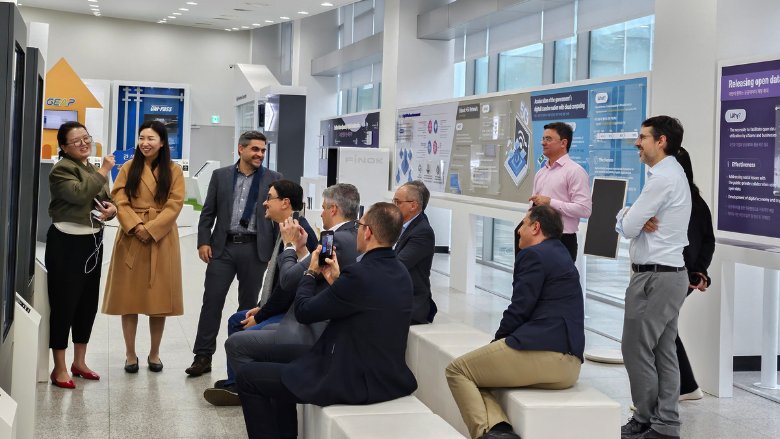In early November 2023, a select group of Brazilian public officials from federal and state governments traveled to the Republic of KoreaˇŞa nation renowned for its technological prowessˇŞin pursuit of digital excellence that Brazil aspires to replicate within its borders. The delegation aimed to gather insights and learn best practices from both Korean government agencies and private entities to understand their approaches, challenges, and solutions for sustainable data infrastructure, public service delivery systems, and robust cybersecurity measures.
Expanding Horizons in Data Management
The heart of the visit lay in understanding Korea's approach to data management, mainly focusing on energy-efficient and resilient data centers. The Brazilian officials visited three cutting-edge data centers, including the government-run National Information Resources Service and two private facilities, Naver GAK and LG CNS.
There, they gained insights into green data management and best practices in sustainability. For example, how strategically chosen location of the data centerˇŞlike Naver GAK, which is built in the coolest mountain area in the country and uses wind to cool server roomsˇŞcan help diminish dependency on air conditioning and avoid overheating.
Revolutionizing Public Service Delivery
Korea's National Information Society Agency demonstrated to the Brazilian delegation the power of data-driven government policies and showcased its advanced digital platform for one-stop public services.
KoreaˇŻs Ministry of the Interior and Safety further illustrated the country's comprehensive approach to disaster and safety management, utilizing digital alarms to safeguard citizens in case of natural disasters (flood, fire) and emergencies (crime, infectious diseases). Its provided concrete application cases.
Next, the delegation witnessed first-hand the integration of private and public data at the Seoul Metropolitan Government and Seoul Urban Solution Agency, showcasing Korea's innovative policy planning and commitment to open data access.
These experiences provided the Brazil delegation with actionable examples of how to leverage digital infrastructure to enhance the efficiency and responsiveness of public services, paving the way for a more connected and citizen-centric governance model.


